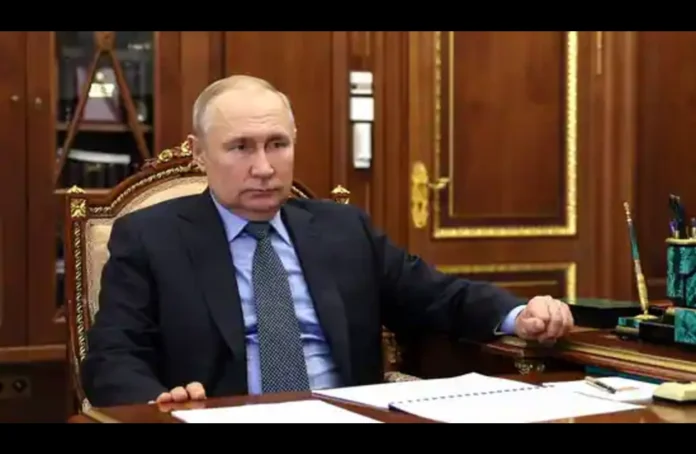In a latest development highlighting the deepening tensions between Russia and the European Union (EU), Russia has set its sights on blocking the EU from hosting the crucial COP29 climate summit, according to a report. The EU, as the current president of COP, had been preparing to host the summit, a significant gathering of global leaders aimed at addressing the pressing issue of climate change.
However, Russia’s move to prevent the EU from hosting the event raises concerns about the potential impact on international efforts to combat climate change. The decision by Russia to challenge the EU’s hosting of COP29 comes amidst the ongoing Russia-Ukraine conflict, which has strained relations between Russia and the West. The EU has been a vocal critic of Russia’s actions in Ukraine and has imposed sanctions on the country. Russia’s attempt to block the EU from hosting the climate summit can be seen as a retaliatory measure and a way to assert its influence and challenge the EU’s position. The COP29 climate summit holds immense significance as the international community seeks to accelerate efforts to mitigate the impacts of climate change.
The summit provides a platform for countries to discuss and negotiate climate policies, make commitments, and forge global partnerships. The EU, with its ambitious climate goals and leadership in climate action, had been preparing to play a pivotal role in guiding discussions and fostering international cooperation at COP29. Russia’s move to block the EU from hosting the summit raises concerns about the potential disruption of the negotiation process and the overall progress of global climate action. The EU’s leadership and expertise in climate policies and renewable energy have been instrumental in driving the global climate agenda. If Russia succeeds in blocking the EU from hosting COP29, it could undermine the continuity and effectiveness of international efforts to combat climate change.
The report highlighting Russia’s aim to block the EU from hosting COP29 adds another layer of complexity to the already strained relationship between Russia and the EU. It further underscores the geopolitical tensions and power struggles that are influencing crucial international events like climate summits. The international community, including other key players in climate action, should closely monitor the situation and work towards finding a resolution that ensures the continuity of global climate efforts. It is essential to prioritize collaboration, dialogue, and consensus-building to address the urgent challenges posed by climate change. As the world grapples with the need to curb greenhouse gas emissions and adapt to the impacts of climate change, the successful organization of COP29 remains a vital step towards securing a sustainable future for generations to come.


